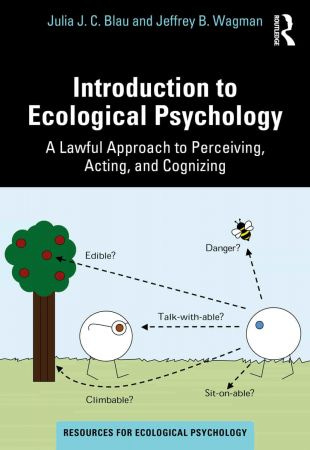What is the ecological approach?
A radically different approach to thinking
To start with
The ecological approach is a radically different approach to thinking.
Challenging frameworks and protocols is one thing.
But challenging the foundational assumptions supporting decades of science…
That is something entirely different.
And that is what the ecological approach, does.
It requires curiosity, openness, and a lot of time to think through.
For clarity, I am talking about Gibsonian theories.
Other ecological theories exist.
But James Gibson’s (Gibson) approach to visual perception is what ecological dynamics is built from.
And ecological dynamics is where we will end.
But first…
The theory
It’s philosophy.
At the end of the day, this approach falls back on beliefs.
Those of us that follow the ecological approach, use different assumptions from traditional views.
Most of us are brought up using language that comes from cognitive psychology.
Saying things like:
“I have a bad memory”
“I can’t process that much information”
“My brain is different”
As everyone says those things, there is no reason to question them, right?
Well, some people did.
They questioned the philosophy of perception itself.
Much could be said but…
For me, it comes down to whether you think, we directly or indirectly perceive.
In visual perception, do we see a copy of the world to interpret, or do we perceive affordances directly.
Affordances, meaning opportunities for behaviour, from Gibson.
Following traditional views, leads to unsolvable mysteries, as discussed in a previous article.
But the Ecological approach asks different questions built from different assumptions.
Thus, rejecting some of the traditional assumptions, we avoid the unsolvable mysteries.
However, if we accept this alternative ecological approach, we need to reconceptualize old problems in new ways.
The approach
On reflection, Gibson didn’t pick the easiest terms to use.
Words like affordance, information, even ecological have various meanings.
But using these terms, Gibson alongside others discussed:
Affordances: What we perceive.
Ecological optics: How we see.
Ecological acoustics: How we hear.
Ecological haptics: How we feel.
Action and coordination
Perceiving action abilities
Acting with others
Thinking, learning and remembering
All applicable and able to explain human behaviour, without the unsolvable mysteries.
Then, combining ecological psychology with dynamical system’s theory, we get ecological dynamics.
The application
Organism-environment relationships are emphasized in the ecological approach.
When we zoom out, dynamical system’s theory is a way to model what we think is happening.
Topics like:
Attractors
Evolution
Thermodynamics
Self-Organization
Intelligent Life
Are all explored, birthing ecological dynamics.
A philosophical approach to experiences and learning, altering behaviours and decisions, of educators and learners alike.
The constraints led approach to coaching is how I was first exposed to these ideas.
But that was just the beginning.
As I deepened my understanding, gained experience, and applied the approach in my own life, I saw change.
Significant positive change.
This is one of many articles I plan on writing about the ecological approach, and related topics.
As new articles are published, this article will be updated.
But if you're interested in what I’m learning, don’t forget to subscribe to the newsletter!
Further resources
Recommended Reading: Introduction to Ecological Psychology: A Lawful Approach to Perceiving, Acting, and Cognizing.
A conversation with the authors.
Recommended video by Rob Gray.

